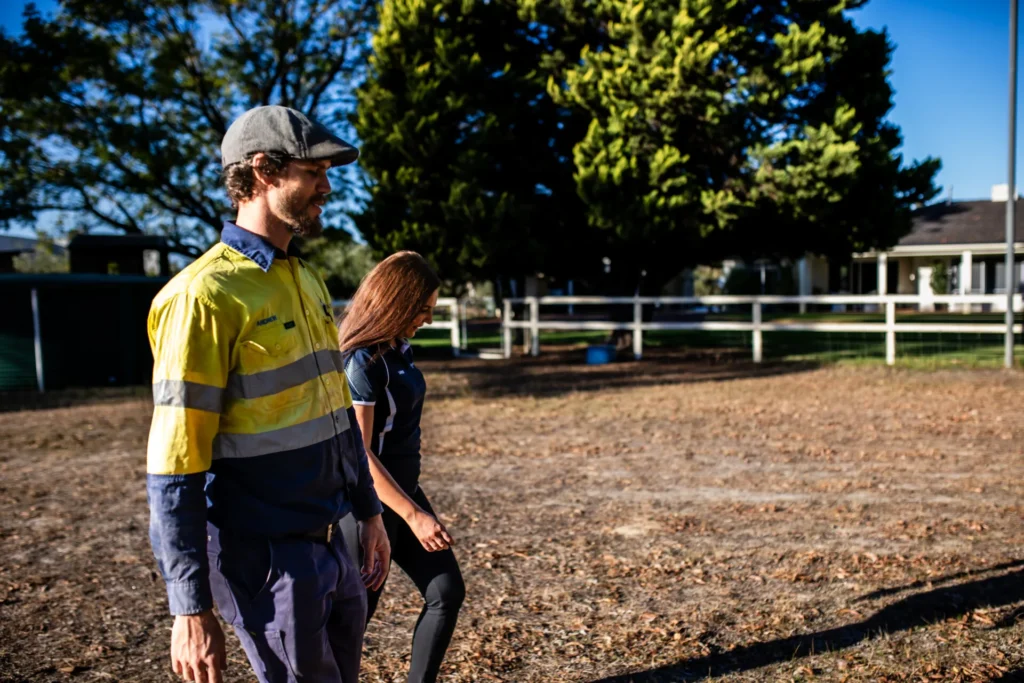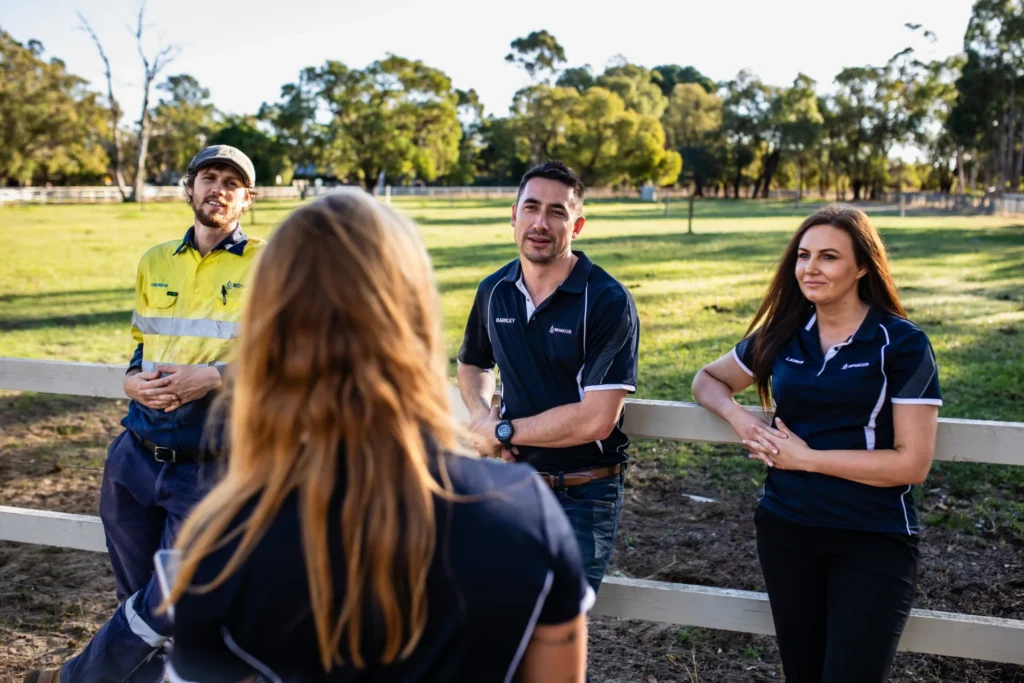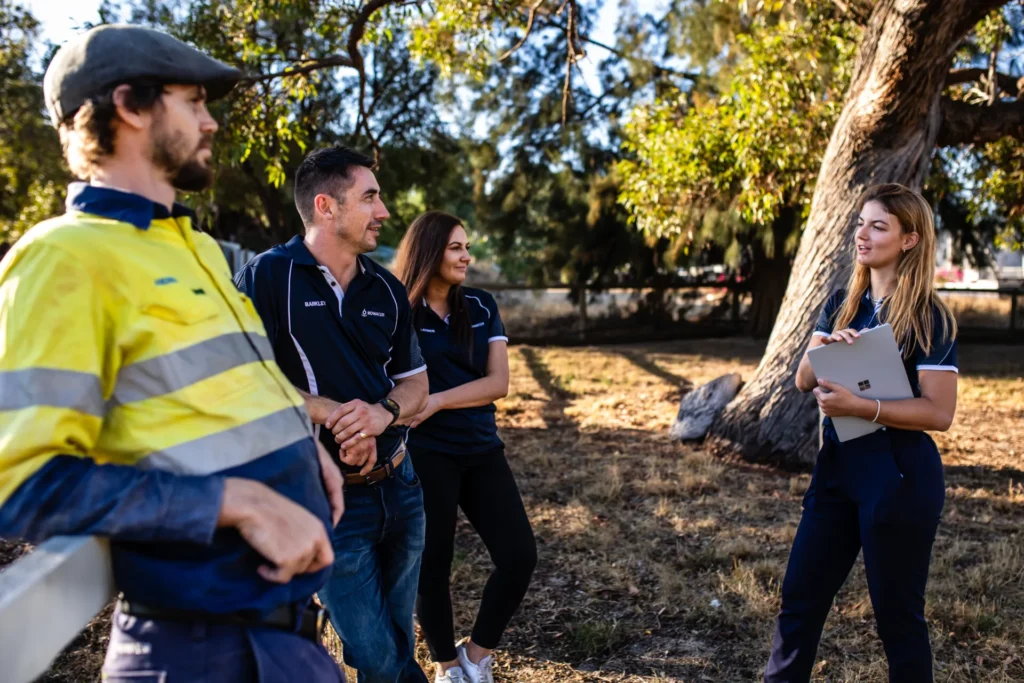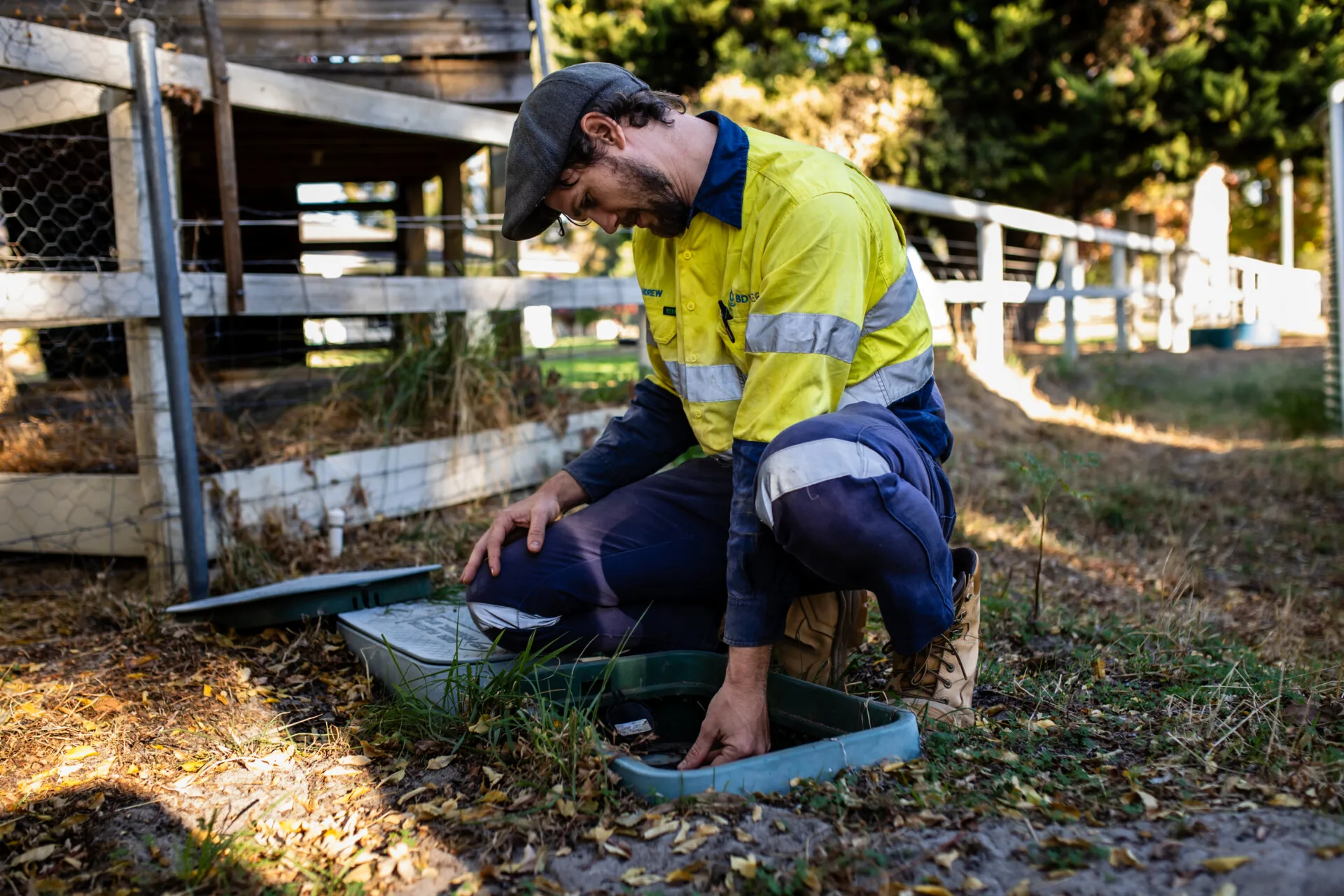Water Manager
Licensing
Strategy Consulting

Water Management Solutions
A water strategy created for you
BD Water’s Strategy Consulting services are all about helping you build a future-proof plan for your water use. We work with you to create a water strategy that is sustainable, efficient, and cost-effective, making sure you get the most from every drop.

What is Water Strategy Consulting?
Water Source Evaluation
Efficient Water Solutions
By streamlining your water use and reducing water waste, we help you cut down on water-related expenses.
Risk Management

Plan for the Future of Your Water

A Custom Water Strategy
for Your Business
Planning
Ongoing
Evolving
Our Customers
What our clients and drillers say about us.
Think you may benefit from a water strategy?
Frequently Asked Questions (FAQ)
What are the implications of poor irrigation management?
Water is a valuable resource, and it doesn’t come cheap. If you have an efficient irrigation system, then you’re going to have a more attractive landscape, a more profitable farm, and a low water bill.
Water moves pesticides and fertilisers utilised in your crops into groundwater, which can impacts the safety of the groundwater coming from your bore. This can impact your health, your property and the environment.
Water is limited and the more of it that we use, the less there will be for other uses.
Do I need to apply for any licences?
We recommend you contact us directly so we can provide advice specific to your situation.
In general, most commercial or large properties in proclaimed areas (from the Hills line to the Coast) need a licence to drill and utilise the bore. If you are doing any of the following you’ll most likely need a groundwater licence to take water:
- Irrigating more than 1/2 an acre (2,000 square meters)
- Using the bore for commercial activity (feedlots, agriculture, construction, etc)
- Looking to utilise an aquifer deeper than the Superficial aquifer (bores generally deeper than 30 metres)
Another type of licence is a 26D licence to drill a borehole, which you need in case you are:
- Using the bore for commercial activity
- Looking to drill into a confined or semi-confined aquifer (bores generally deeper than 60 metres)
To ensure you are compliant with the legislation applicable to you, contact us so we can assess your property and give you specific advice for your situation.
What is water licensing?
The Department of Water and Environmental Regulation started regulating the water use in WA because, simply put, we’re taking more water out of the ground than what’s going back in. This results in water levels dropping.
A groundwater licence is one of the ways DWER monitors and manages the amount of water being abstracted.
Water licences allow their holders to take more groundwater that the unlicensed standard amount to irrigate 1/2 an acre (2,000 square meters).
Do you represent the Department of Water?
No. BD Water is a private business and we do not represent the Department of Water and Environmental Regulation. BD Water owns Water Manager, which is also independent from DWER.
All information we provide is our own interpretation of their documentation and if unsure please contact us or confirm with DWER directly.
Does the water licence come with the property I’ve purchased?
By default, no.
In your contract of sale of the land, the licence transfer is usually included as a condition for the sale. However, this does not start the licence transfer process and the property settlement does not automatically transfer ownership of the water licence into your name.
You must notify the Department of Water and Environmental Regulation that there has been a change in ownership of the licence within 30 days of settlement. If you do not notify them, you will risk losing the allocation.
To notify, you must apply for a licence transfer. We can handle the licence transfer on your behalf. You can simply talk to us, and we will go through the whole process with you.
Why is the Department of Water looking to take/reclaim licenses?
Over the last 30 years, rainfall rates per year have been decreasing and bore abstraction rates have increased, which drops the water levels in the aquifers. The Department of Water and Environmental Regulation has been tasked with bringing this back into balance by 2030, which is a huge task and will require further restrictions of water usage.
Decreasing the amount of water licences or allocations of the currently issued licences will result in a lower abstraction rate and rebalancing of the aquifers – so we can all continue to use groundwater, and do it in a more sustainable way, protecting our water resources and environments.
